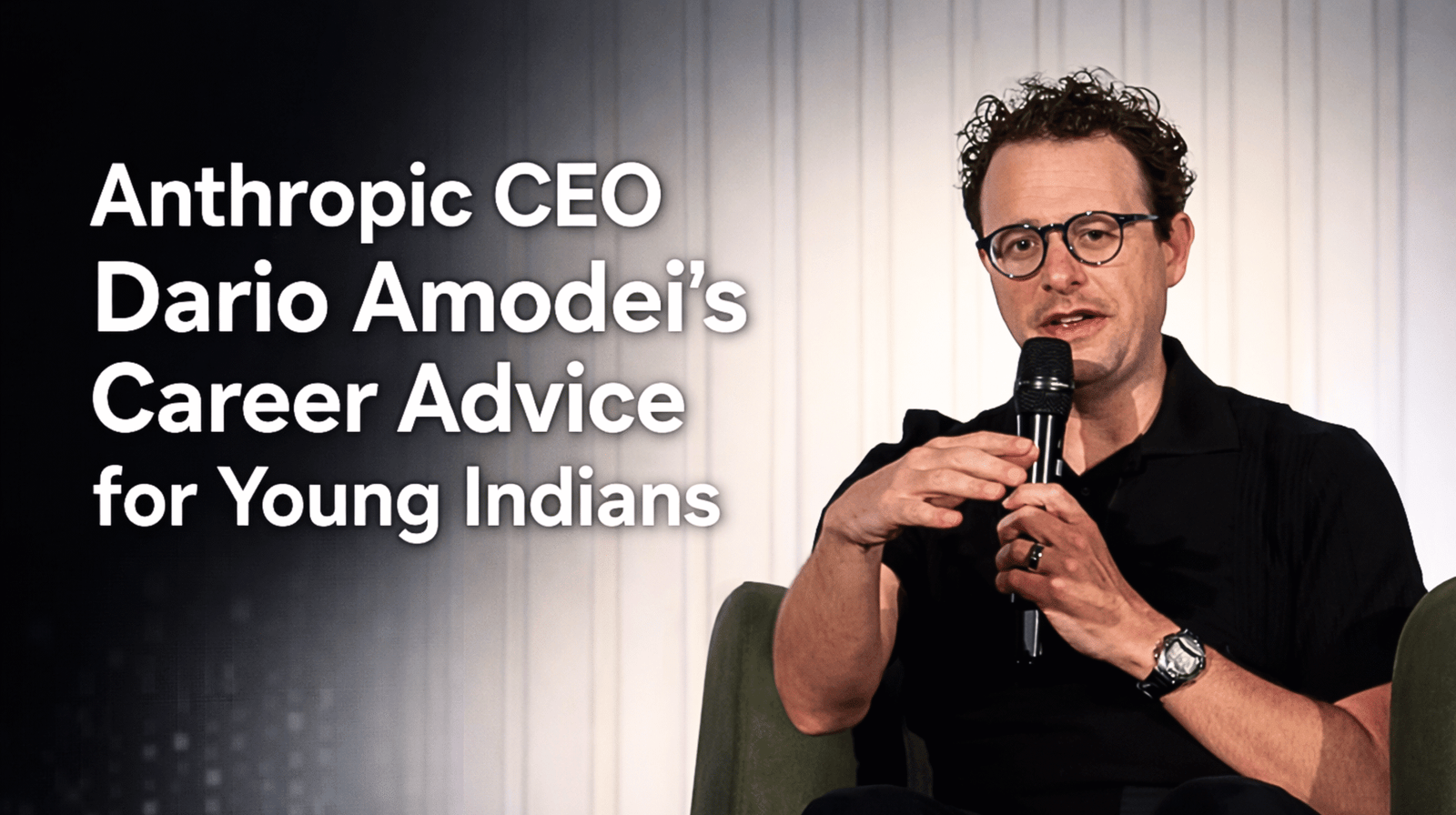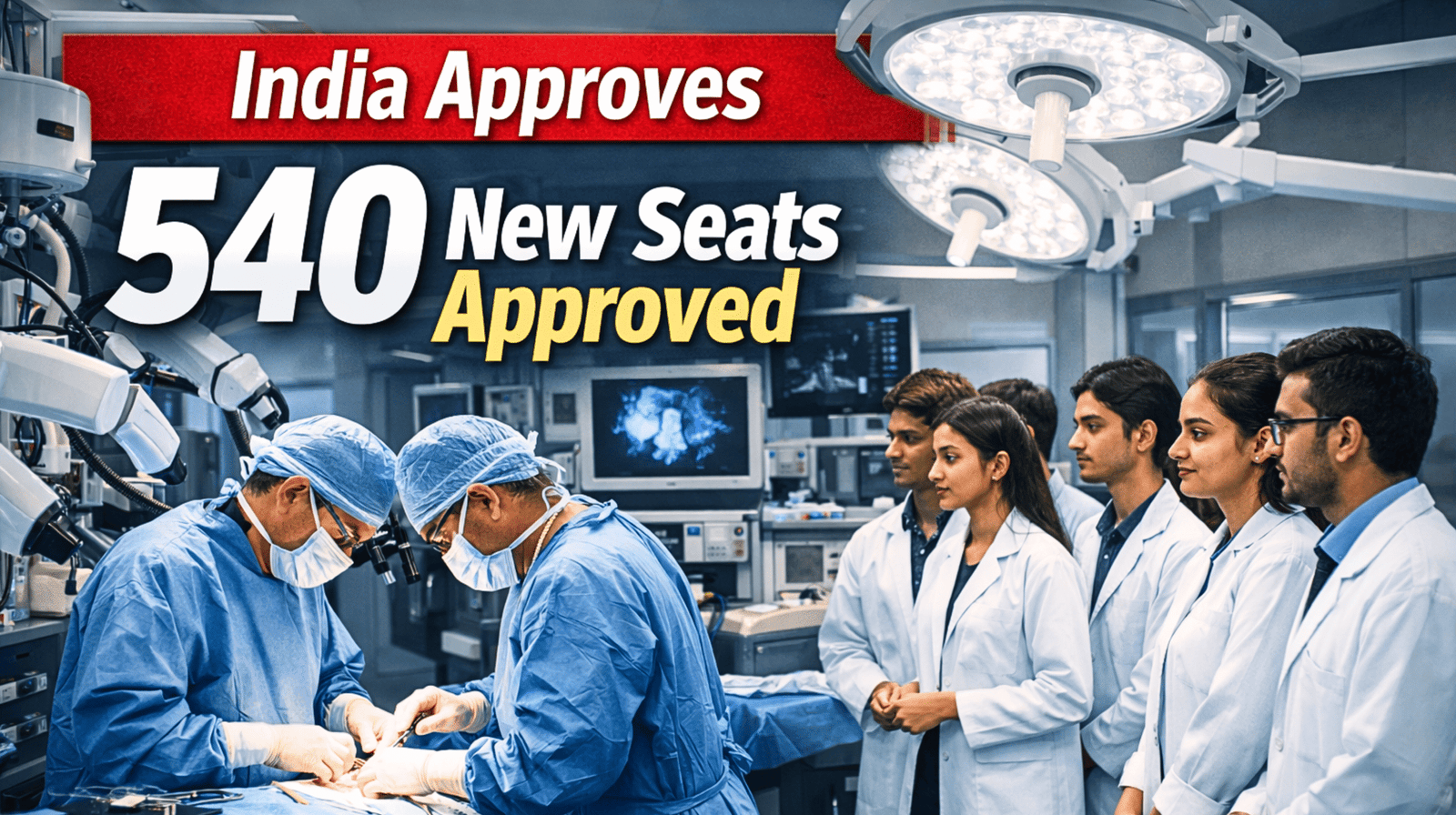In today’s fast-paced, competitive world, education and career development are more closely connected than ever. Whether you’re a student deciding on a major, a professional aiming to upskill, or someone considering a career change, understanding the role of education in your career journey is crucial for long-term success.
The Role of Education in Career Development
Education forms the bedrock of personal and professional growth. It not only equips individuals with technical knowledge but also hones critical thinking, problem-solving, and communication skills—core competencies sought by employers.
From primary school to post-graduate studies, education creates a foundation upon which careers are built. Formal education helps open doors to job opportunities, while ongoing learning—through certifications, workshops, or online courses—keeps professionals relevant in a changing workforce.
Key educational benefits for career development:
- Enhanced employability: Employers value degrees and certifications that demonstrate expertise.
- Higher earning potential: On average, individuals with higher education levels earn more than those without.
- Professional growth: Continuous learning can lead to promotions, leadership roles, and job satisfaction.
Career Development: A Lifelong Journey
Career development doesn’t stop with a college degree. It’s a lifelong process that involves setting career goals, acquiring new skills, networking, and adapting to industry changes.
Practical Tips for Career Development:
- Set SMART goals: Define Specific, Measurable, Achievable, Relevant, and Time-bound career objectives.
- Pursue certifications: Platforms like Coursera, LinkedIn Learning, and edX offer affordable courses in tech, business, healthcare, and more.
- Seek mentorship: A mentor can provide insights, guidance, and support throughout your career journey.
- Build a strong network: Attend industry events, join professional associations, and engage on platforms like LinkedIn.
- Stay adaptable: Industries evolve. Embrace lifelong learning to stay competitive and seize new opportunities.
Aligning Education with Career Goals
To make the most of your education, it’s essential to align your academic choices with your career aspirations. This includes selecting the right major, participating in internships, and gaining real-world experience.
For Students:
- Choose courses relevant to your desired field.
- Engage in internships and volunteer work.
- Attend career fairs and workshops.
For Professionals:
- Identify skill gaps and address them with targeted learning.
- Consider advanced degrees or industry-specific certifications.
- Stay updated on trends through podcasts, webinars, and publications.
The Importance of Soft Skills
While degrees and technical skills are essential, employers are also looking for candidates with strong soft skills—communication, teamwork, adaptability, and emotional intelligence.
Invest in developing these skills alongside formal education. Participate in group projects, join clubs or organizations, and seek feedback to improve interpersonal abilities.
Resources for Further Reading
- U.S. Bureau of Labor Statistics – Career Outlook
- National Career Development Association (NCDA)
- Coursera – Career Development Courses
- Indeed Career Guide
Disclaimer
This blog post is for informational purposes only and does not constitute professional educational or career advice. Always consult a certified counselor or career development expert for personalized guidance. The referenced platforms and tools are examples and do not imply endorsement.









